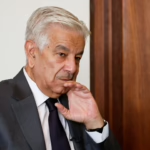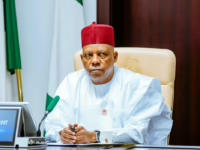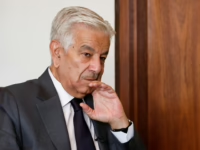The central bank described the agreement as a key element in a broader plan to better manage fluctuations in foreign exchange and capital markets.
Published On 20 Oct 2025
The Central Bank of Argentina (BCRA) announced it has entered into a $20 billion currency swap agreement with the U.S. Treasury Department, just days before a significant midterm election.
According to the BCRA’s statement released Monday, the pact outlines the framework for bilateral currency swap operations between the two nations, though it did not disclose specific operational details.
These swap arrangements are intended to broaden the BCRA’s monetary and exchange rate policy toolkit, enhancing the flexibility and liquidity of its foreign reserves, the central bank explained.
On the same day, the Argentine peso hit a historic low, depreciating 1.7% to close at 1,475 per U.S. dollar.
The BCRA emphasized that this agreement forms part of a wider strategy designed to strengthen its capacity to manage volatility in both foreign exchange and capital markets.
Requests for comment from the U.S. Treasury Department regarding the swap line went unanswered, and no official statement has been issued from their side.
Last week, U.S. Treasury Secretary Scott Bessent revealed that the swap would be supported by International Monetary Fund Special Drawing Rights held within the Treasury’s Exchange Stabilization Fund, which will be converted into dollars.
Bessent also clarified that the U.S. would not impose additional conditions on Argentina beyond the Milei administration’s commitment to fiscal discipline and economic reforms aimed at stimulating private sector expansion.
In recent weeks, Bessent has disclosed several U.S. purchases of Argentine pesos but has withheld further specifics.
Upcoming Midterm Elections
Argentine Economy Minister Luis Caputo expressed optimism last week that the swap agreement would be finalized ahead of the October 26 parliamentary midterm elections, where President Javier Milei’s party aims to increase its legislative minority.
Milei, who advocates for drastic government downsizing and spending cuts to address Argentina’s economic challenges, has faced a series of political setbacks recently.
Former U.S. President Donald Trump commented last week that the U.S. would not “waste time” on Argentina if Milei’s party fails to gain ground in the midterms. This statement briefly unsettled local markets until Bessent reassured that ongoing U.S. support hinges on sound policy implementation rather than election outcomes.
Furthermore, Bessent noted that a favorable election result for Milei’s party would help safeguard against attempts to reverse current reforms.






















